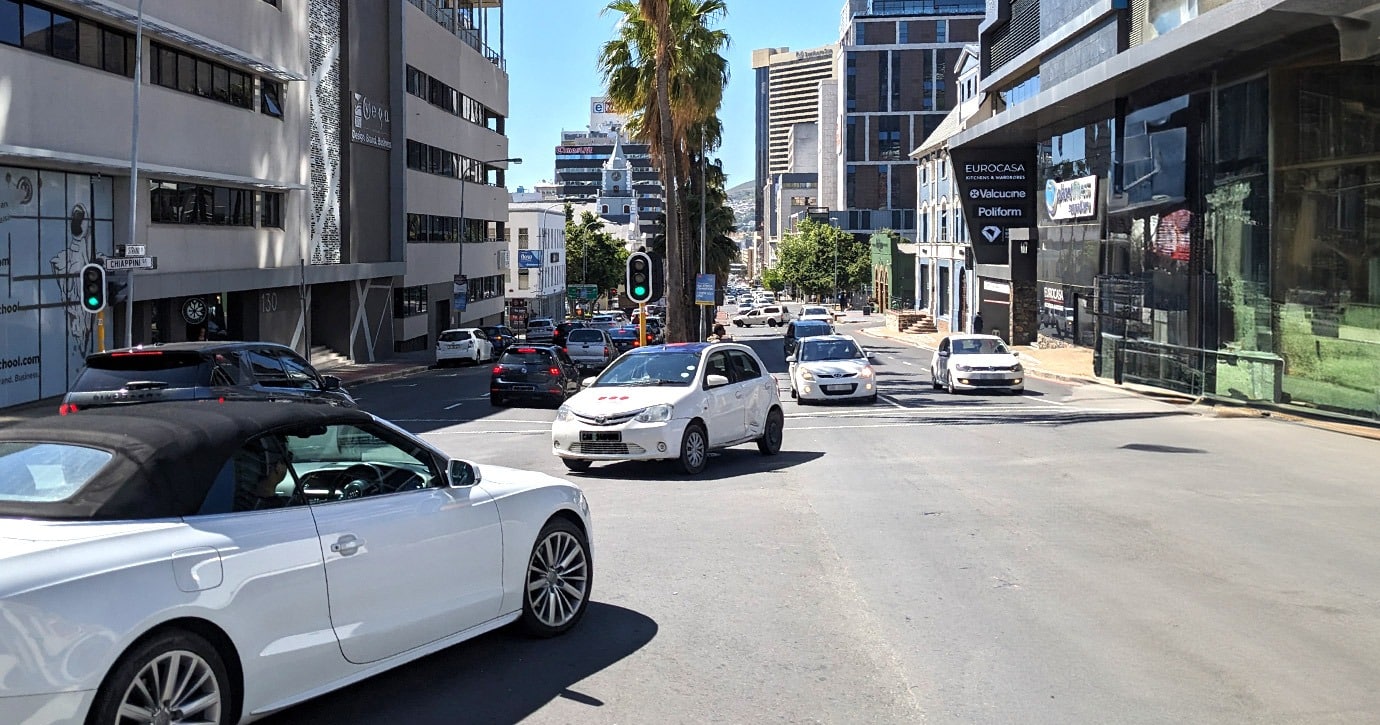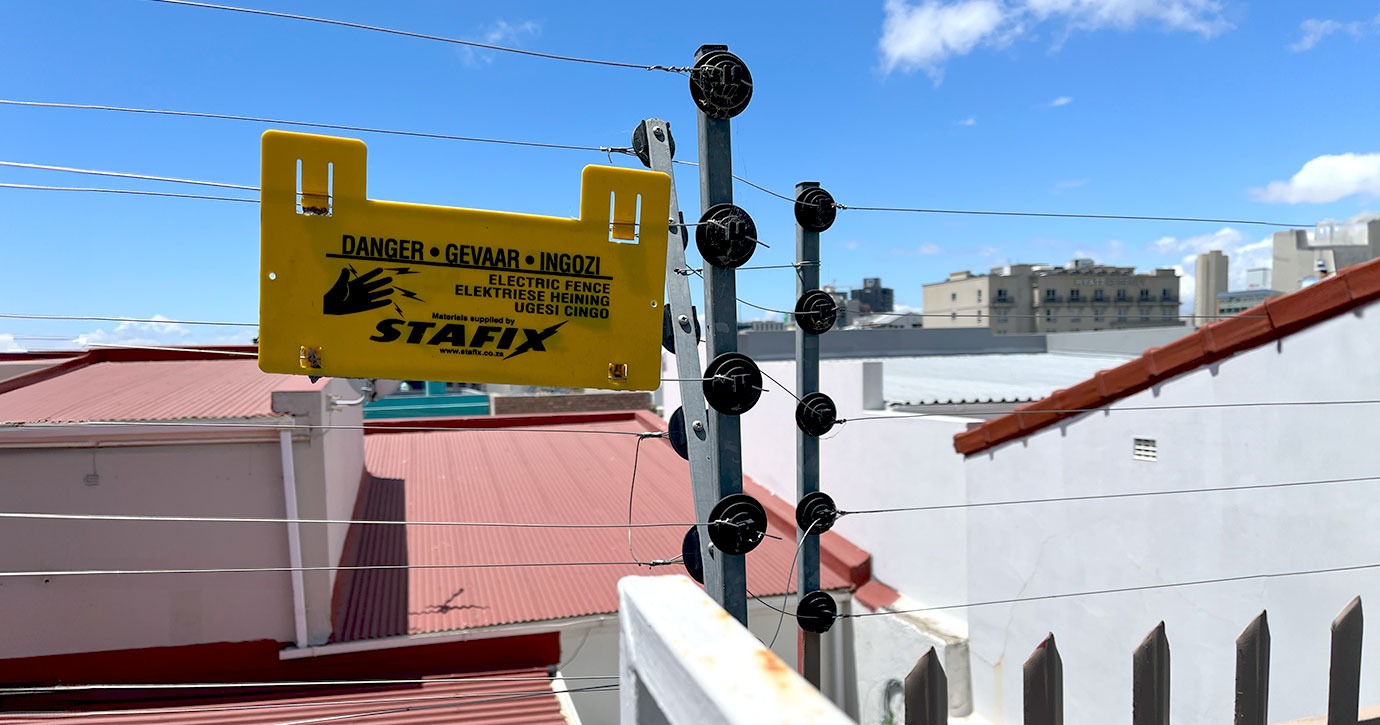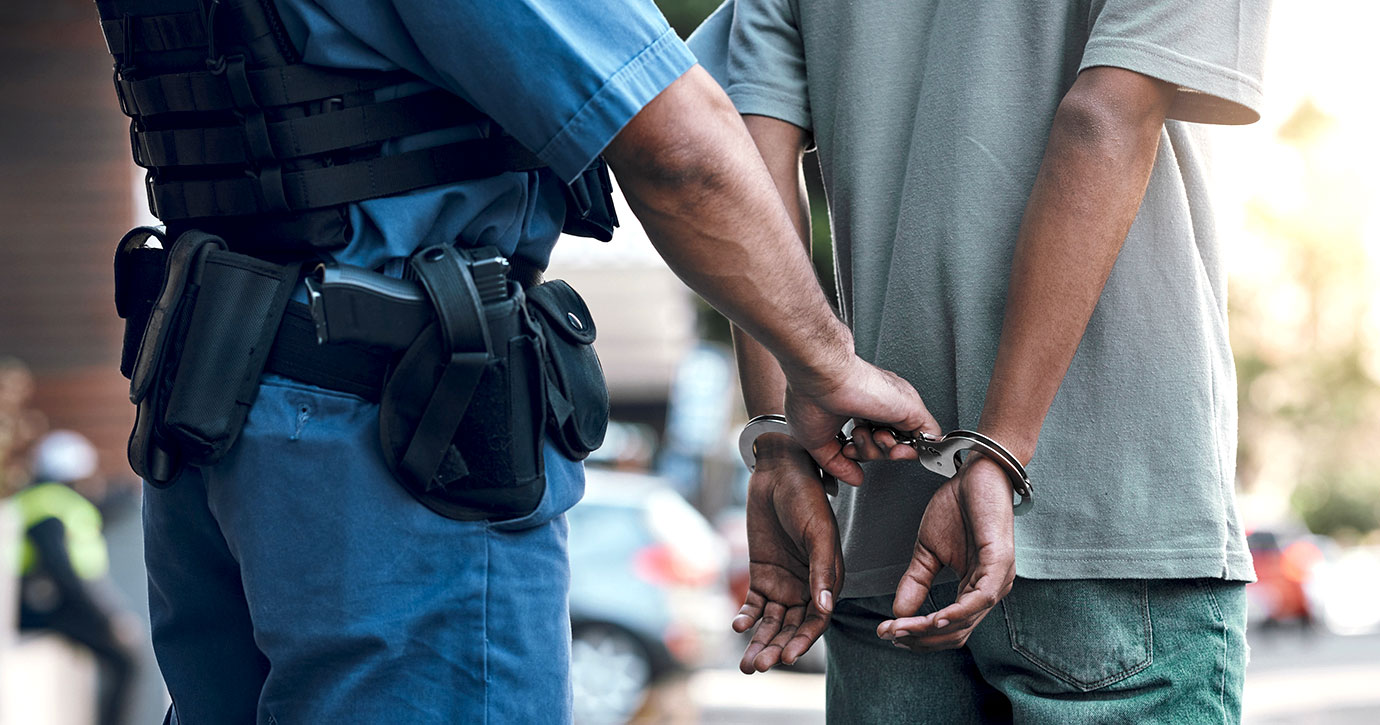The benefits of volunteering are limitless, but it is important that as a volunteer you are aware of safety precautions and potential social issues in order to have a safe and ultimately fulfilling experience. Safety is an important issue, especially in certain urban areas. Countries like South Africa have relatively high crime rates, including theft, robbery and violent crime.
Inform yourself about possible risks and always use common sense to reduce risks. Use the support of your volunteer project and listen to the advice of your host family and project staff. They are the best sources of up-to-date information about safe areas, potential risks and local customs.
Travelling safely: tips for public transport, e-hailing and driving

It is best to use public transport only during the day and use e-hailing services such as UBER or BOLT if they are available in your area. Note that UBER, for example, works best in cities. In rural areas, it can be difficult to find a ride, although mobile phone reception is also an issue as these services only work via an app. UBER is primarily available in South Africa, Tanzania and Kenya.
- Avoid travelling alone, especially after dark
- Many forms of public transport can be overcrowded, which can be uncomfortable and even dangerous
- Keep an eye on your valuables when using local buses and trains, and don’t leave your mobile phone or other valuables in plain sight to avoid theft.
Firstly, please note that some countries drive on the left-hand side of the road. These include South Africa, Namibia and Tanzania.
Find out the best route before you leave and use a GPS if possible so you don’t get lost. Inform your friends or host family and let them know your planned route or destination. Ideally, you should also let them know when you arrive safely at your destination. This will reduce their worries.
Traffic lights and intersections are potential danger zones. Keep doors and windows closed, be aware of your surroundings and leave enough space between you and the vehicle in front so that you can react quickly or take evasive action.
Do not use a mobile phone at traffic lights – smash and grab robberies are not uncommon in some areas. Look out for unusual activity or suspicious people to spot potential hazards early.
Sometimes different methods are used to stop a vehicle. For example, blocking the road with stones or other objects. In this case it is advisable to drive carefully but firmly around the obstacle without stopping the car.
Even simple things such as checking the fuel level or vehicle lights can reduce risks. If possible, avoid driving after dark and use a car service instead.
Also, do not leave valuables in plain view in the car, but stow them in the boot.
On motorways and country roads you will often see locals waving banknotes and waiting for a lift. This is not unusual, as it is often the only way to get from A to B. However, your safety is paramount, so do not pick up hitchhikers.
If your car breaks down or has a flat tyre, drive carefully until you can stop safely. This could be the nearest petrol station or supermarket car park. Avoid stopping on the motorway, especially after dark, and find a public or well-lit area instead. Lock your car and call for help immediately.
It is a good idea to have all the necessary contact details of the car hire company and the local police on hand.
In rural areas it is also possible for animals to run onto the road. Be it cows or wild animals. Be aware of this and adapt your driving style to the situation.
At home and on the way - tips on how to behave as a volunteer in a foreign country
Whether you live in a community, volunteer accommodation or a host family, you should make sure that your surroundings are safe. It is a good idea to lock doors and windows when you are not at home.
Stolen valuables, such as your laptop or camera, are not only a personal inconvenience, but also involve necessary but inconvenient steps such as contacting the police and your insurance company. In addition to the loss of valuables and personal data, replacing electronic devices can be expensive in some countries. An iPhone is not cheap in general, but in South Africa, for example, it is even more expensive.
Never give out the PIN code of an alarm system, if there is one, either in your host family’s house or in the buildings of your project.
In some countries there is a big problem with drug abuse, which can lead to unpredictable behaviour, both in a city centre like Johannesburg and in poorer areas. If you find yourself in a dangerous situation or even robbed, try to avoid confrontation. Drugs such as “tik” in particular are extremely stimulating and give the user a feeling of strength and invulnerability.

In general, avoid walking through large city centres in the evening and at night, for example on your way home from a restaurant. City centres are often deserted after closing time. If you feel uncomfortable on a street or in a particular area, try moving to busier or better lit locations, even if they are not initially on your route.
Watch out for fraud at cash machines!

When withdrawing cash from ATMs (Automated Teller Machines), it is best to use machines in well-lit, busy areas, in supermarkets or directly at the bank, and to be discreet in your transactions. Avoid ATMs on the street.
Cover the screen with your hand when entering your PIN code and never accept assistance offered at an ATM. Many ATMs are manned by security guards to prevent criminal activity. However, don’t ask them for help if you’re having problems with your transactions. If you have problems, try to go directly to the bank and speak to a member of staff.
Avoid using ATMs late at night or in remote locations. In general, carry as little cash as possible and use alternative payment methods instead. Paying by mobile phone or credit card is very common, depending on your location. Also set a daily withdrawal limit on your cards.
If your credit card is confiscated or stolen, try to use the blocking function on your mobile phone app or temporarily block your card online or by phone.
Safety tips: What to do in the event of a robbery or mugging
Especially in countries and regions with great social inequalities, theft and robbery can occur and lead to dangerous situations.
Not only as a tourist, but also as a volunteer living and working in disadvantaged areas, it is important to behave correctly in this unfamiliar and surprising situation.
But reading about it is one thing, doing it in a threatening and unexpected situation is another. Nevertheless, it is important to be prepared for such situations and to know what to do if you are attacked. After all, your safety and the safety of those with you is of paramount importance.

It is important to remain calm and considerate in such situations.
Even if the shock is deep-seated, the first and most important rule in the event of a robbery is not to give in to fear and panic and to remain calm. Thoughtful action is crucial in dangerous situations.
Take a deep breath and try to stay calm. This will allow you to make clear decisions and not provoke the perpetrator into more aggressive behaviour. Avoid heroic actions and follow instructions to minimise the risk of harm to your health.
Robberies are usually aimed at money, valuables such as mobile phones or expensive hiking equipment. When it comes to your mobile phone, personal details or holiday photos, ‘cooperation’ may sound absurd, but it is crucial to the smooth outcome of a robbery. Do not resist. Your life and safety are more valuable than any material possession. Hand over your valuables without resistance.
Even in the case of a robbery with an iron bar, for example, you never know what other weapons are hidden in the robber’s clothing. In addition, it is not always immediately obvious to what extent the perpetrator has taken stimulants and may therefore react unpredictably.
Staying calm will also help you to remember as many details as possible. Every detail about the perpetrator can be important in solving the case or in the search for the perpetrator. Remember height, skin and hair colour, voice, clothing and any special features such as tattoos or scars. For cars, the model, colour and registration number may be important, as well as the direction of travel. Yes, this sounds like a lot to remember in an extreme situation, but with a clear head and calm you can remember more details than you think.
Once the offender(s) have left and you are safe, contact the police immediately. You can also use public buildings, petrol stations, supermarkets and shops nearby or passers-by who can help you with a phone. If you are in the wilderness, try to find other people out walking and look for safe areas. But remember that the shortest route is not always the safest.
If possible, make a note of the details you remember about the offenders, or go over them again in your mind, so that you can give the police an accurate description of the incident and the offenders. The sooner the police are informed, the better the chances of catching the offenders.
